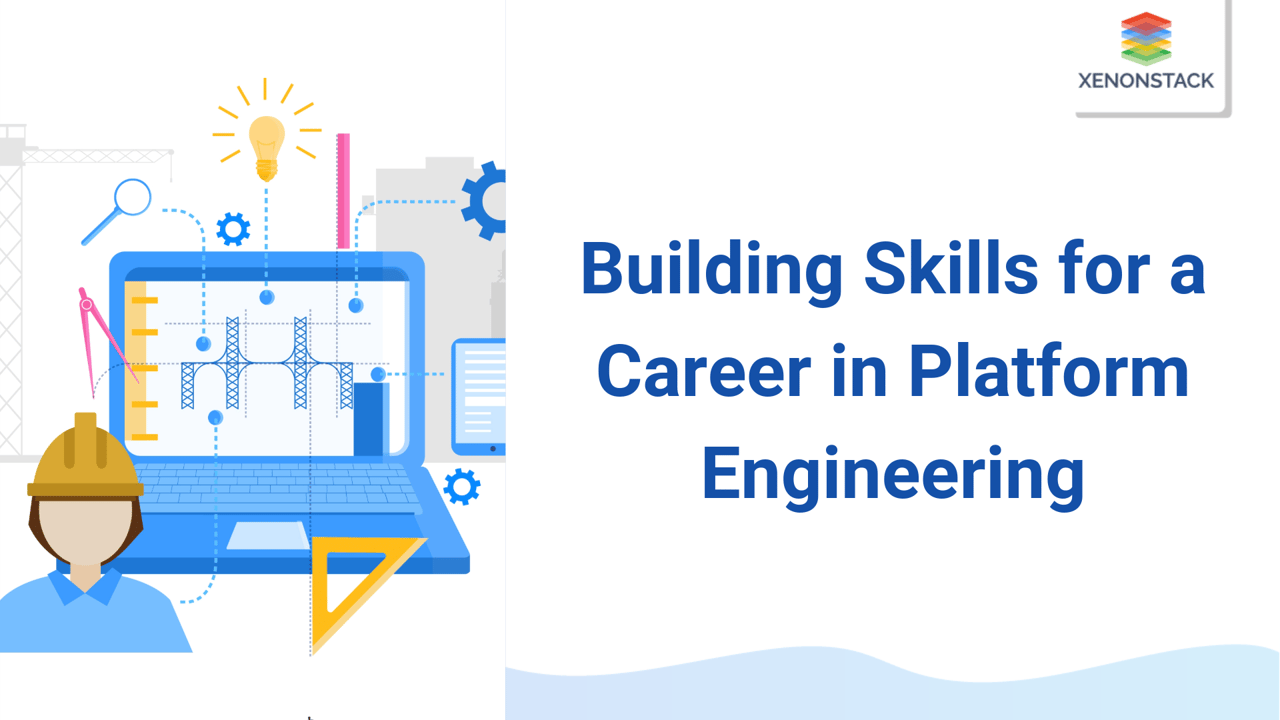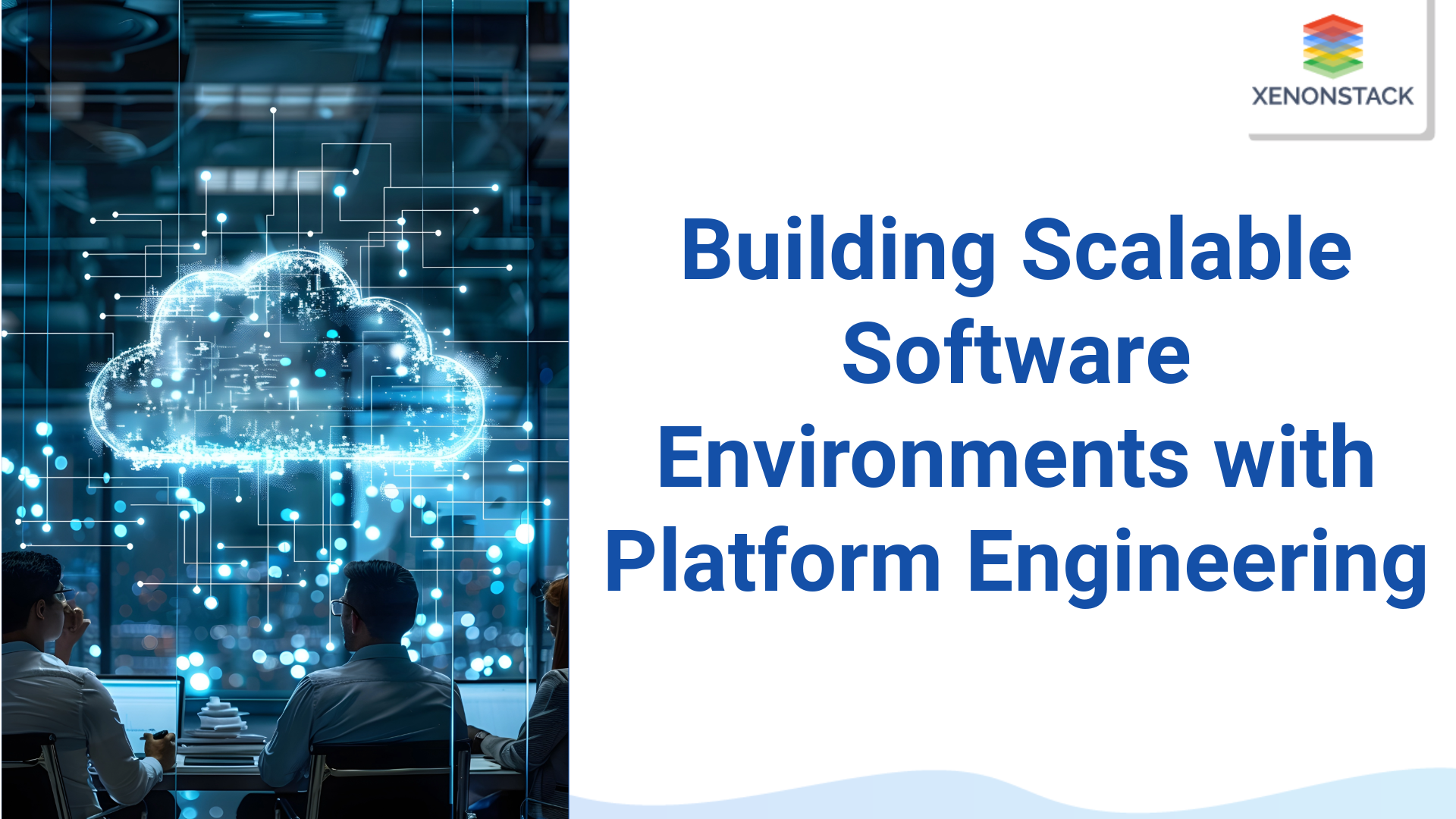
The first step towards becoming a platform engineer is both interesting and fulfilling. Given that the role of digital platforms in today’s world is growing daily, companies are always searching for people who can handle the back end of applications and services required to run their companies. Platform engineering connects development and operations by giving developers the means and infrastructure to deploy software effectively. Now it is time to discuss what you can do you can do to build a good base for a career in platform engineering.
Understanding Platform Engineering
Platform engineering can be defined as the art or craft of creating and implementing internal platforms that developers use to operate, deploy, and grow applications. These platforms represent a cohesive structure that acts as a complex layer hiding underlying system levels. Therefore, platform engineering aims to provide developers with various tools to automate repetitive actions so they can spend less time on cognitive activities.
This role is essential for all companies, from giants like Uber and Spotify to relatively young startups wanting to grow fast. Platform engineers create the conditions these companies can use to introduce new features confidently and efficiently. Platform engineers must follow multiple categories, including automation, cloud, and infrastructure, such as Terraform and AWS CloudFormation codes.
Core Skills for Platform Engineers
To succeed as a platform engineer, you’ll need to develop a strong foundation in several key areas:
-
Cloud Computing: Some important known cloud platforms include AWS, Google Cloud and Microsoft Azure. Platform engineers employ these environments to develop sturdy and elastic infrastructure.
-
Infrastructure as Code (IaC): As platform engineers, Terraform, Chef and Ansible make it possible to accomplish infrastructural management through code, and this can be used in cases of deployment of servers and databases, among others.
-
Containerization and Orchestration: It is the knowledge of where Docker and Kubernetes are in question. These technologies allow engineers to execute applications within different containers and monitor the processes remotely.
-
Programming: Automated work, such as creating personal tools and commands in operating systems, usually requires programming languages such as Python, Golang, and Bash.
-
Security and Compliance: One of the main duties is to guarantee that our platform is protected. Another is that platform engineers need to develop structures that meet industry standards and laws.
Practical Steps to Start Your Journey
Platforming engineering is starting a career with the knowledge obtained through education and experience and an ongoing learning process. Here's a step-by-step guide to help you lay the groundwork for a successful career:
The Role of Automation in Platform Engineering
Platform engineering relies primarily on automation. Reducing samenesses such as setting up servers, manipulating databases, and deploying code makes platform engineers create time for developers to write new features and fix bugs. The conversion of such processes from manual to automated enables firms to grow and get features out to consumers faster.
For example, an engineer might use Terraform to adapt the process of deploying an application in Kubernetes to the changing user demand. Rather than requesting the addition of more servers to accommodate increasing traffic, an increase can be provided by the system itself. This is even faster than the previous process and eliminates any human being’s chance of error.
Challenges and Opportunities
As in any other technical specialization, platform engineering has problems. Another major issue is critical to performance; it becomes challenging when the system's complexity increases. The infrastructure that defines a company also seems to scale up, forcing engineers to keep optimizing their tools and processes to work seamlessly. Also, there is the security issue—platform engineers must be confident that their systems are secure from outside threats yet fast and credible.
In the meantime, there is an increasing demand for platform engineers or developers who focus on platform ecosystems as a product.
The American Bureau of Labor Statistics estimates a 22% increase in platform engineering posts by 2030, implying that it is among the most popular tech jobs. Firms are starting to understand that it may be beneficial to have numerous specialized groups operating on the platforms that underlie applications, and they’re prepared to pay to have designers accomplish the desired results.
Real-World Example: Building a Scalable Platform
Let us see platform engineering in real operations by discussing an example. Suppose you find yourself in a startup company that deals with creating a new mobile application. This is especially so if many people are increasingly using the app, meaning the company needs to ensure its system can accommodate many users without seeing the app crash. As a platform engineer, your role would be to create a structure that can be expanded as the application advances.
Perhaps you first configure your environment within AWS and then utilize Terraform to create the servers automatically. After that, you can use Kubernetes and allocate containers for the app to instantly create new ones to handle the load. Last, there are controls for monitoring and measuring performance with features that can change resource allocation without human intervention. It’s nothing more than developing a platform that enables the company to manage the growing traffic automatically, thus ensuring that the user experience is not compromised with high recovery rates.
Platform engineering is an interesting field where one can have a great and engaging career if one wants to create the environment for many applications. In the following strategies, you will learn how to adapt to this rapidly developing field successfully: acquire the relevant know-how, learn about the latest tools, and adopt automation. Whether you are fresh out of college or have recently crossed over from another field of technology, platform engineering is a lucrative and exciting profession with the potential for continuous advancement. Just a quick reminder: platform engineering is not merely about managing an infrastructure; it is about establishing one that enables developers to shine. Laying this successful foundation will prepare you for a successful career in this dynamic area.
Building Your Career in Platform Engineering
Talk to our experts about implementing compound AI systems and how industries leverage Decision Intelligence to become decision-centric. Discover how AI optimizes IT support and operations, enhancing efficiency and responsiveness while laying the foundation for a career in Platform Engineering.


